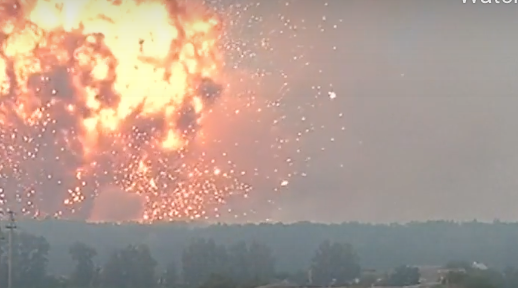For most of 2025, U.S. foreign policy has slow-coded the needs of Ukrainian defense and sovereignty, advancing Russia’s military aggression and prolonging Russia’s need for, and payouts to China with oil for cash, dual use military technology, and other proxy benefits from China.
Russia and China have established an axial economic and financial regime with military cooperation and various types of dual use technology to prolong the aggression by the Russian state and military against free Ukraine. They have called it an unlimited partnership.
The past and current U.S. Administration’s delays, false promises, and lack of urgency in backing Ukraine to defeat Russian forces inside Ukraine and expel them are an investment in China’s future war efforts (gray or kinetic) against the U.S. and Asian trading partners on the South China Sea, including Taiwan, Vietnam, the Philippines, Japan, and South Korea.
China also supports Russia’s aggression against Ukraine with rare earth metals used in weapons and ammunition manufacturing in Russia. Very likely, in exchange for its aid to Russia’s war in Ukraine, China will look for Russia to help it conquer Taiwan.
Finally, China’s security interest in Russian energy, agriculture, and natural resources is a longer term interest of Beijing, leveraged with the promise of manpower and financial depth to help keep the Putin regime or its appointed successor in power.
Upshot
Bolstering Russia bolsters China, and more, the China-Russia axis that influences the BRICS+, OPEC+, and the Shanghai Cooperation Organization membership in the Eastern Hemisphere and provides for powers and groups adverse to the U.S. in the Western hemisphere.
As has been widely reported, observed, and admitted by Xi Jinping last month, China is highly interested in Russian victory in Ukraine as it believes that it will clinch China’s claim to Taiwan. However, Beijing is incorrect on this score, because as we have pointed out in our forecast essay at Small Wars Journal, Russian victory in Ukraine will be pyrrhic and sooner lead to Russia’s collapse, whereas the swifter Russia’s loss occurs in Ukraine, the greater likelihood Russia will see a stable transfer of power away from siloviki fanaticism and toward a pragmatic, diplomatic Russian state and ruling class wishing to thrive via trade and diplomacy, not imperialism.

